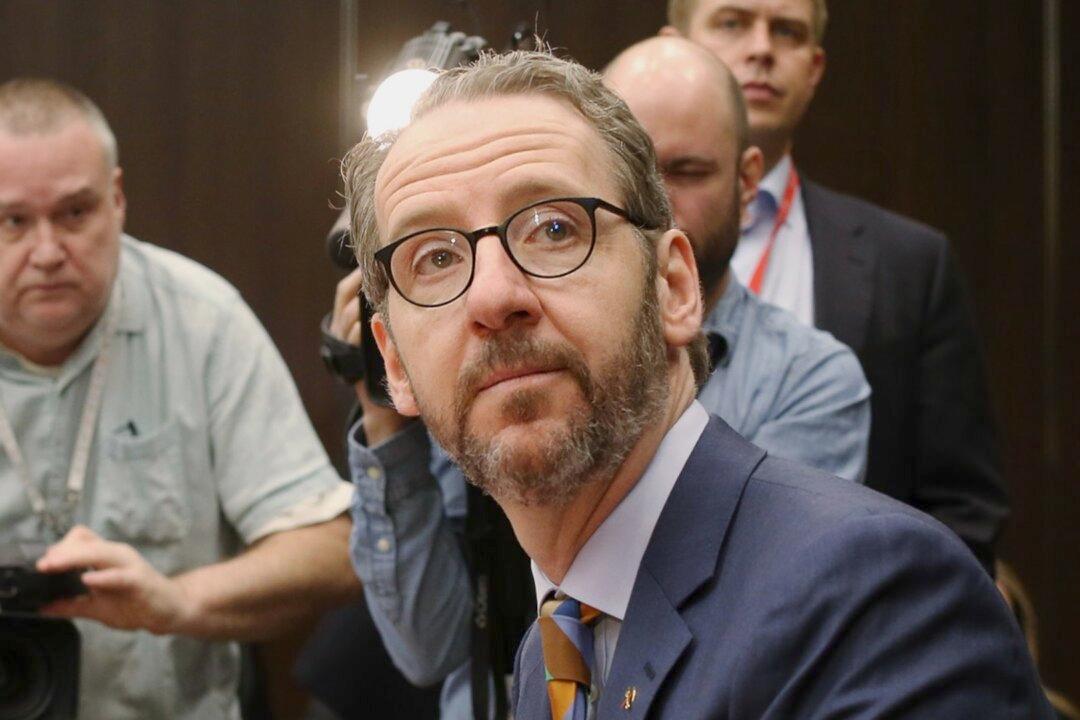OTTAWA—Jody Wilson-Raybould never complained about improper pressure to halt the criminal prosecution of SNC-Lavalin until Prime Minister Justin Trudeau decided to move her out of her coveted cabinet role as justice minister and attorney general, the prime minister’s former principal secretary says.
Gerald Butts is testifying before the House of Commons justice committee and offering a “very different” version of events from those described last week in explosive testimony from Wilson-Raybould.





